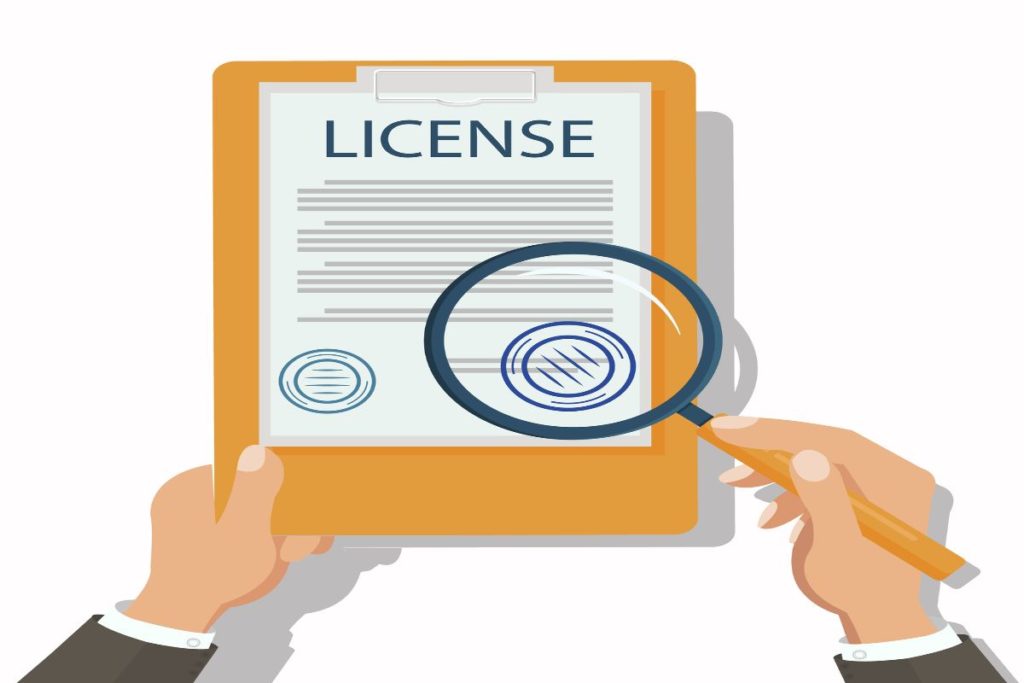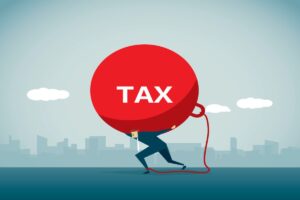Certified public accountants or CPAs perform an essential function in society every day. We know how a single complaint can have severe consequences for your career and future. As a result, we put all our efforts toward defending the CPA licenses of professionals just like you so that you can maintain your reputation and your livelihood. You can count on us to provide you with the vigorous defense you need when facing a complaint involving your CPA license.
The Texas State Board of Public Accountancy
The Texas State Board of Public Accountancy (BPA) investigates and prosecutes complaints of professional misconduct against CPAs, whether they come from clients, members of the public, or other CPAs. The BPA has jurisdiction to enforce the Public Accountancy Act and the BPA’s Rules and discipline CPAs who violate the Act or Rules.
The BPA Complaint Review Process
The Enforcement Division of the BPA receives and reviews all complaints to determine if they fall within the jurisdiction of the BPA. If the complaint does not allege professional misconduct that falls within the scope of the Act or Rules, BPA will dismiss the complaint.
If the complaint falls within the scope of the Act or Rules, the Enforcement Division opens an investigative file and notifies the CPA of the complaint in writing. The CPA has 30 days to respond to the BPA in writing. After the CPA responds, the investigation is referred to one of the Enforcement Division’s committees. That committee reviews the case and makes a recommendation about how to proceed.
If the committee determines that professional misconduct has occurred, they have several options to try and resolve the case:
- They can reach an agreement with the complainant and the CPA through an informal conference. If they can agree, they will sign an Agreed Consent Order (ACO) that goes to the BPA for ratification or refusal.
- If the parties cannot reach an agreement, the BPA can refer a complaint to the State Office of Administrative Hearings (SOAH) for a hearing before an administrative law judge (ALJ). After a hearing, the ALJ issues a proposal for decision (PFD) and recommends a resolution to the BPA, which then votes on the ALJ’s PFD and recommendations.
Although you are not required to be represented by an attorney throughout any of these disciplinary proceedings, you may be more successful in fighting back against these allegations with legal representation. You need the benefit of legal counsel who can work to advocate on your behalf. Getting the complaint against you dismissed or otherwise resolved early in the proceedings can be highly beneficial to you. We will work with you to achieve the best possible results in your case.
Potential Sanctions for CPAs Facing Disciplinary Proceedings
You can face a range of sanctions for violating the Act or Rules that apply to CPAs. These sanctions, which are outlined in § 901.501 of the Act, include the following:
- Revoke a certificate, firm license, or practice privilege
- Suspend a certificate, firm license, practice privilege, or license for up to five years
- Refuse to renew a license
- Place a license holder on probation
- Reprimand a license holder
- Limit the scope of the license holder’s practice
- Require the license holder to complete a peer review program
- Require the license holder to complete a continuing education program
- Require the license holder to pay the direct administrative costs of the disciplinary proceedings
- Order the payment of restitution
- Impose an administrative penalty
- Probate the suspension of a license, but require
- Regular reports to the BPA on matters related to the suspension
- Limited practice to areas set by the BPA
- Continue or renew professional education
The BPA also can order a combination of any of the above sanctions, depending on the situation.
The amount of administrative penalties you could be ordered to pay for a violation of the Act or Rules cannot exceed $100,000 per violation. The BPA determines the amount of the penalty according to the following factors, as outlined in § 901.552 of the Act:
- The severity of the violation, including
- The nature, circumstances, extent, and gravity of any prohibited act, and
- The hazard or potential hazard to the public
- The economic damage to property caused by the violation
- The history of previous violations
- The amount necessary to deter a future violation
- Any other matter that justice may require
Having an aggressive license defense lawyer on your side throughout all phases of the investigation and disciplinary proceedings can place you in the best position possible to fight back against these allegations. Our goal is to keep your disciplinary record clear and protect your career. Using factors such as those listed above, we can make the arguments necessary to minimize the potential sanctions to your license and reach a positive outcome in your case.
We Are Here to Defend You Before the BPA
When you receive a complaint from BPA that could impact your CPA license, you may be unsure where to turn first. Our professional CPA license defense attorneys stand ready to represent your interests and defend you from the allegations against you. Call us today at (512) 515-9518 to reach the offices of Bertolino, LLP, or contact us online.
Call or text (512) 476-5757 or complete a Case Evaluation form






